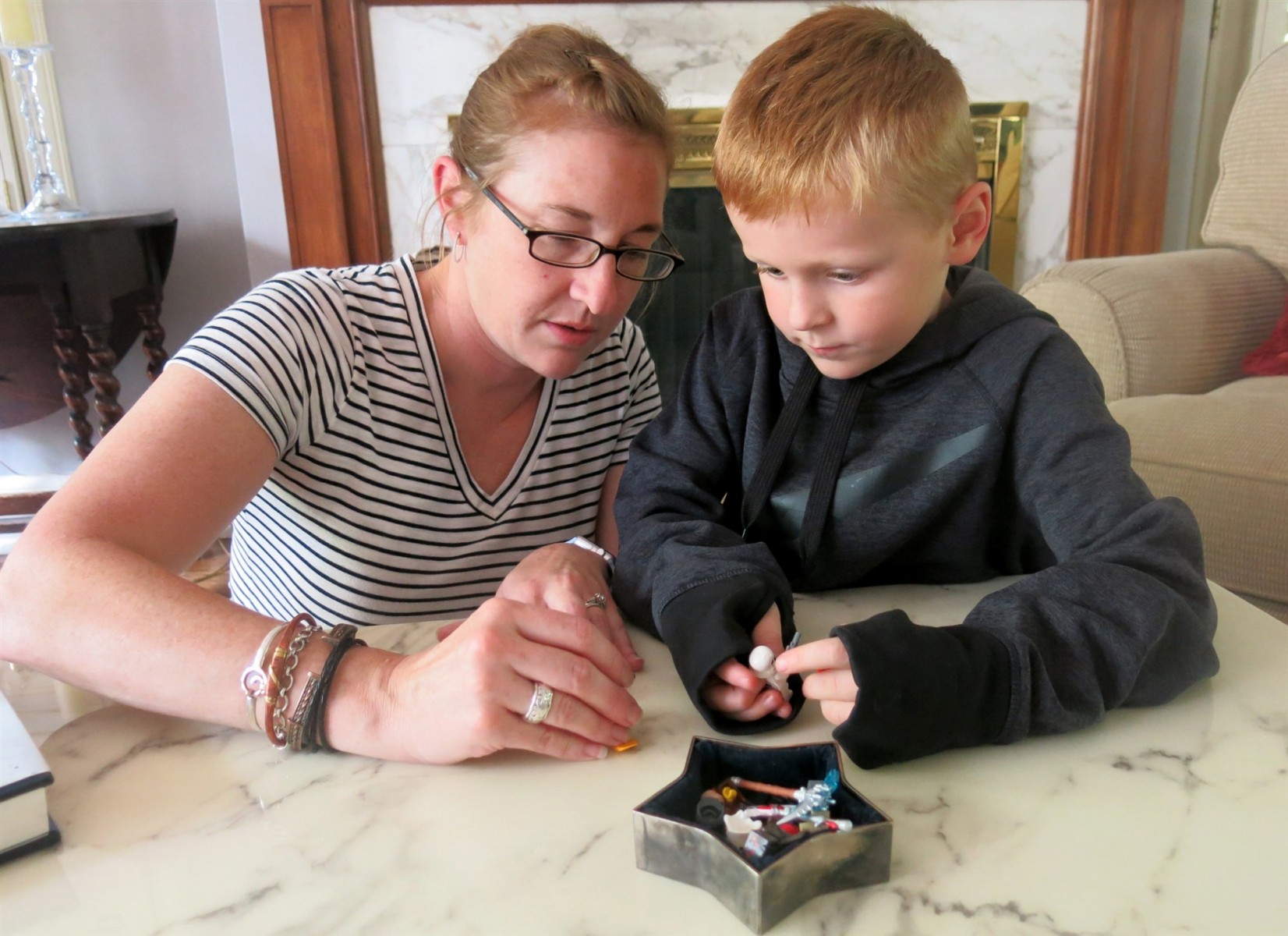NPR: Pediatricians stand by meds for ADHD, but some say therapy should come first
Guidelines recommend that kids under 5 should start with therapy before trying medications

by Alex Smith
When children are diagnosed with attention deficit hyperactivity disorder, stimulant medications like Ritalin or Adderall are usually the first line of treatment.
The American Academy of Pediatrics issued new guidelines Monday upholding that central role of medications accompanied by behavioral therapy in ADHD treatment.
Some experts say, however, they are disappointed the new guidelines don’t recommend behavioral treatment first for more children, as that might lead to better outcomes, recent research suggests.
When 6-year-old Brody Knapp of Kansas City, Mo., was diagnosed with ADHD last year, his father, Brett, was skeptical. He didn’t want his son taking pills.
“You hear of losing your child’s personality, and they become a shell of themselves, and they’re not that sparking little kid that you love,” Brett Knapp said. “I didn’t want to lose that with Brody, ’cause he’s an amazing kid.”
Brody’s mother, Ashley, had other ideas. She’s a school principal with ADHD herself.
“I was all for stimulants at the very, very beginning just because I know what they can do to help a neurological issue such as ADHD,” Ashley Knapp said.
More and more families face the same dilemma. The prevalence of ADHD has shot up in the past two decades and now, 1 in 10 children in the U.S. are diagnosed with it.
The new guidelines from the American Academy of Pediatrics recommend that children with ADHD be screened for mental illness and monitored closely, but the treatment recommendations regarding medication are essentially unchanged from previous guidelines published in 2011.
Anyone over age 5 should start taking medication and get behavioral therapy as soon as they are diagnosed. Children under 5 should start with behavioral treatment before taking any medications.
Still, many experts worry that the role of medication in treatment is too large.
“It’s certainly true that when you watch TV, you’re not going to see a lot of commercials about behavioral treatments, but you very well may see some new ones about medication,” said Dr. Carla Allan, an ADHD specialist at Children’s Mercy in Kansas City and a member of the ADHD Clinical Practice Guidelines Subcommittee. Allan is Brody’s doctor and had a role in drafting the latest guidelines. While she wants to see more ADHD patients receive behavioral treatment, she said, she agrees with the AAP’s decision to hold steady on its recommendations about medication.
Read & hear the full story via NPR
Learn more about the Developmental and Behavioral Health program at Children's Mercy
